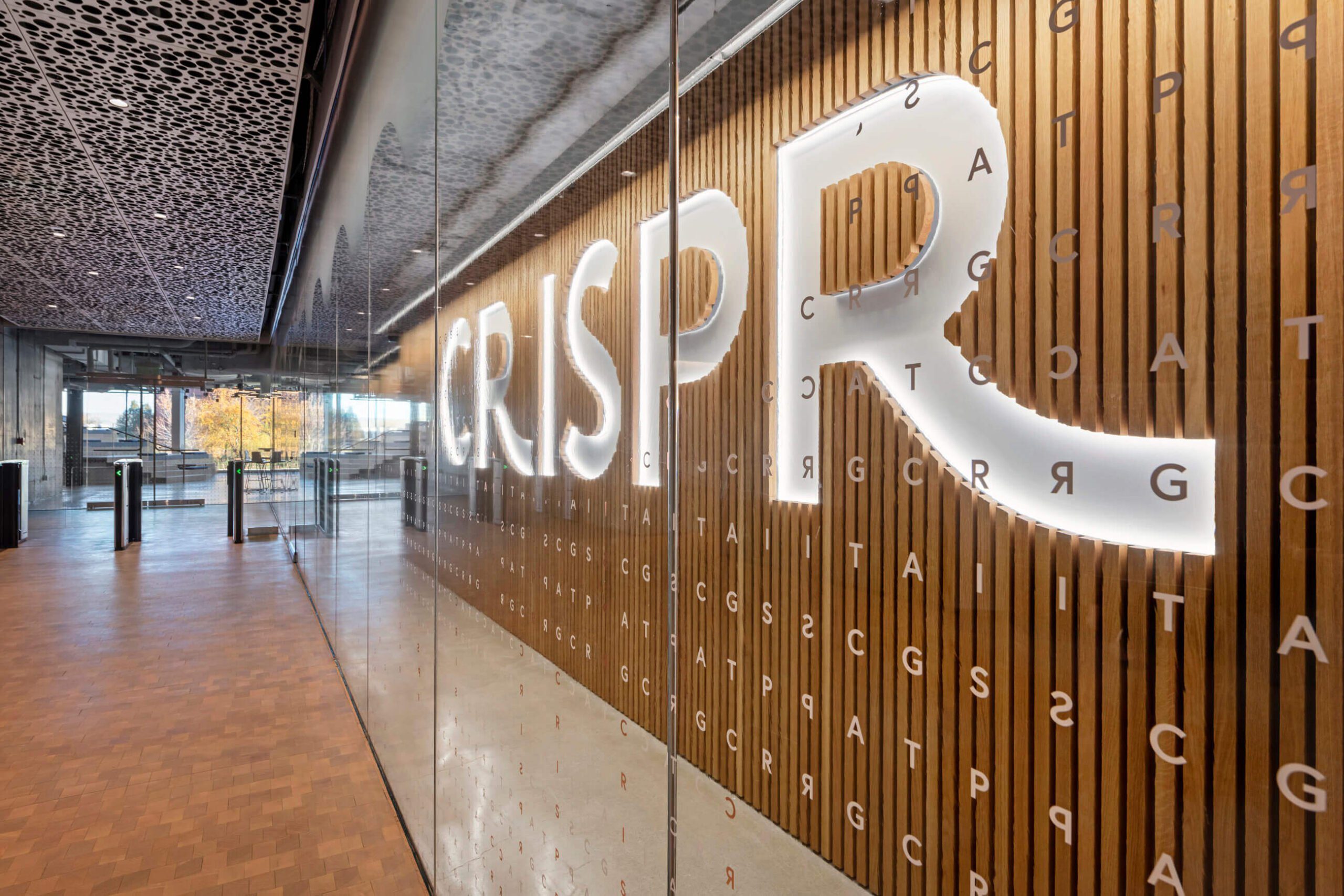In a groundbreaking move, the United Kingdom (UK) has set a historic precedent by granting regulatory approval for the use of the revolutionary CRISPR gene editing tool in medical treatment. The Medicines and Healthcare Regulatory Agency announced on Thursday that it has given the green light to Casgevy, a pioneering medicine developed by Vertex Pharmaceuticals of Boston and Crispr Therapeutics of Switzerland. This marks a significant milestone as “Casgevy” becomes the first-ever medication licensed using the Nobel Prize-winning CRISPR technology in 2020. The therapy offers hope for individuals battling sickle cell disease and beta thalassemia, providing a potential breakthrough in managing excruciating pain and transforming the lives of those affected.
Table of Contents
Understanding CRISPR: Unlocking the Power of Gene Editing
Before delving into the revolutionary therapy of Casgevy, it’s essential to grasp the intricate workings of the underlying technology – CRISPR. An acronym for Clustered Regularly Interspaced Short Palindromic Repeats, CRISPR is a revolutionary gene-editing tool that has redefined the landscape of genetic manipulation. Operating on the principles of bacterial defense mechanisms, CRISPR employs RNA molecules to precisely target designated genes. This groundbreaking mechanism allows scientists unparalleled precision, empowering them to add, delete, or alter genetic material with an unprecedented level of accuracy. CRISPR’s potential extends beyond treating genetic disorders, ushering in a new era of personalized medicine and transformative advancements in genetic research.
Sickle Cell Anemia: Unraveling the Genetic Puzzle
Sickle Cell Disease: A Genetic Culprit
To fully grasp the significance of Casgevy’s approval, delving into the complexities of sickle cell disease is imperative. Prevalent among individuals of African or Caribbean descent, this genetic disorder involves a mutation that transforms red blood cells into crescent shapes. This abnormality disrupts the normal flow of blood, resulting in not only excruciating pain but also severe complications such as organ damage and strokes. The crescent-shaped cells, unlike their healthy counterparts, struggle to traverse blood vessels, causing blockages that intensify the debilitating effects. Sickle cell disease represents a relentless challenge, impacting both the physical well-being and quality of life for those affected, underscoring the crucial need for innovative treatments like Casgevy.
Casgevy’s Promise for Sickle Cell Patients
Casgevy’s approach to treating sickle cell disease involves editing the patient’s own cells outside the body using CRISPR technology. By correcting the genetic mutation responsible for distorted red blood cells, Casgevy presents a revolutionary alternative to conventional treatments, offering hope for improved symptom management and, for some, the potential of a cure.
Beta Thalassemia: Tackling Severe Anemia Through CRISPR Innovation

Beta Thalassemia: Genetic Anomalies and Lifelong Treatments, and Hemoglobin Challenges
Beta thalassemia, prevalent in South Asian, Southeast Asian, and Middle Eastern populations, unravels a narrative of genetic anomalies and enduring medical interventions. Individuals inherit this blood disorder, leading to compromised hemoglobin production and severe anemia. Divided into two main types—alpha and beta—each linked to specific genetic mutations, beta thalassemia demands a lifelong commitment to medical management.
Regular blood transfusions, injections, and medications become essential for those affected, emphasizing the ongoing need for research and medical advancements. Understanding the delicate balance between genes and hemoglobin production sheds light on the persistent challenges faced by individuals with beta thalassemia, shaping the landscape of therapeutic approaches and quality of life.
Casgevy’s Revolutionary Impact on Beta Thalassemia
In the realm of beta thalassemia, Casgevy’s CRISPR-based therapy holds the promise of transformative change. By editing the patient’s cells and addressing the genetic mutation at its source, this innovative treatment offers an alternative to the lifelong reliance on blood transfusions and medications, potentially marking a paradigm shift in the management of beta thalassemia.
As the world witnesses the convergence of CRISPR technology and medical innovation in the form of Casgevy, it prompts contemplation on the broader implications for genetic medicine, accessibility, and the evolving landscape of healthcare. This approval not only signals a triumph in the fight against genetic disorders but also opens doors to a future where precision medicine plays a pivotal role in reshaping the narrative of human health.










